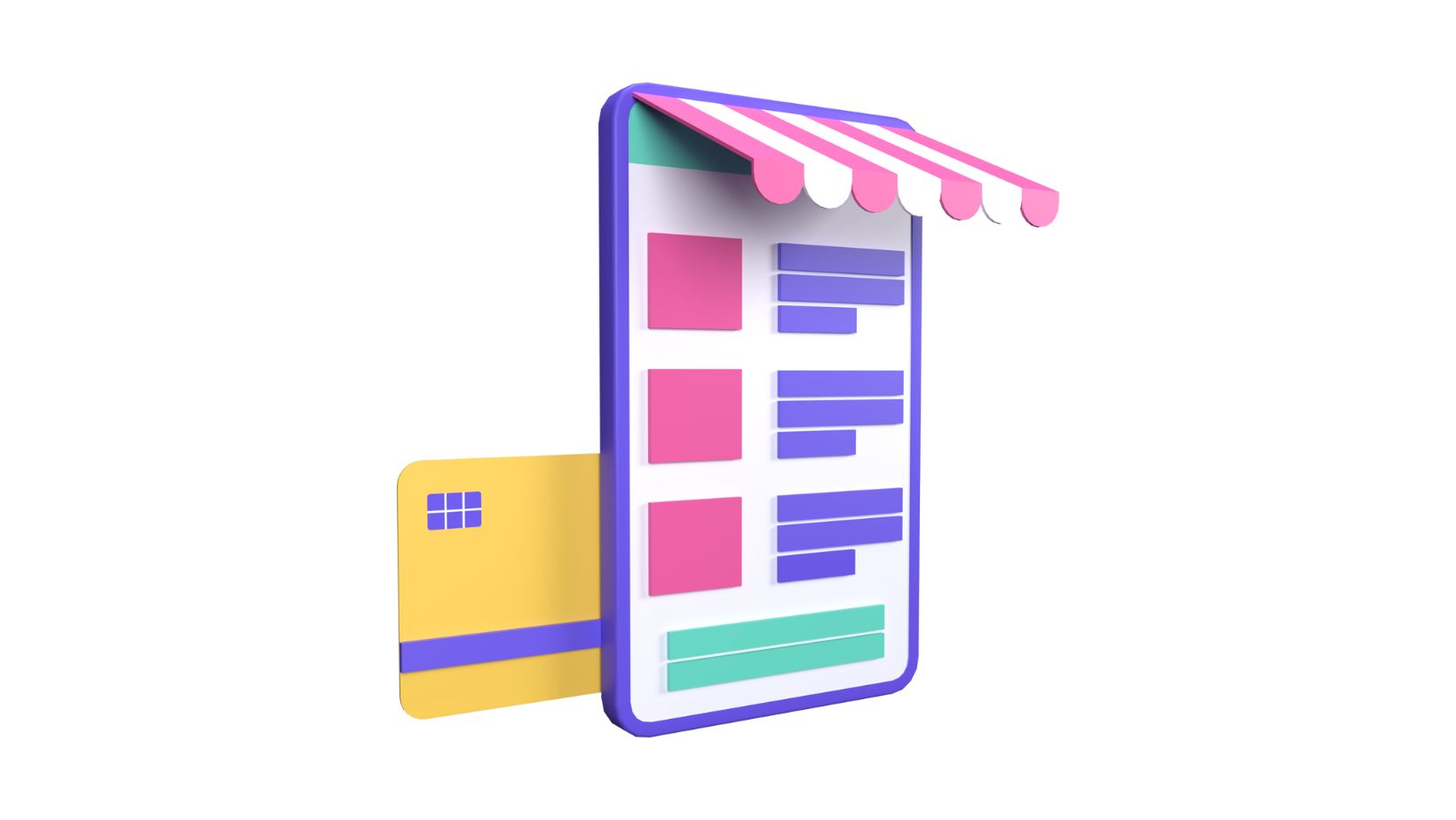Industry Spotlight How Odoo Addresses Specific Challenges in Retail Management
In today's rapidly evolving business landscape, the retail industry faces a plethora of challenges that require innovative solutions to remain competitive and relevant. From inventory management and customer engagement to seamless sales processes, retailers need an integrated approach to streamline their operations. This is where Odoo, a versatile business management software suite, comes into play. In this blog post, we will explore how Odoo addresses specific challenges within the retail industry and empowers businesses to overcome them.
Challenges in Retail Management
Before delving into how Odoo tackles these challenges, let's briefly outline some of the key issues that retailers commonly face:
Inventory Management: Keeping track of inventory levels, optimizing reorder points, and managing stock across multiple locations can be an intricate task, prone to errors and inefficiencies.
Customer Engagement: Personalized customer experiences have become crucial in retaining loyalty. Retailers need tools to manage customer data, preferences, and communication effectively.
Point of Sale (POS) Efficiency: Slow or outdated POS systems can result in longer queues, dissatisfied customers, and missed sales opportunities.
Reporting and Analytics: Retailers require insights into sales trends, inventory turnover, and customer behaviours to make informed decisions and formulate effective strategies.

Odoo A Tailored Solution
Odoo is an all-in-one business management software that offers a suite of integrated applications designed to address the specific challenges faced by the retail industry. Let's explore how Odoo tackles each of the challenges mentioned above:
Inventory Management: Odoo's Inventory Management module provides real-time visibility into stock levels, enabling retailers to optimize stock levels, manage reordering, and prevent overstocking or stockouts. The module also supports multi-location management, allowing businesses to efficiently track stock across different stores or warehouses.
Multi-channel Selling: With Odoo, retailers can integrate their online and offline sales channels. The E-commerce module lets businesses create an online store that syncs seamlessly with their inventory and sales data. This integration ensures consistent product information and pricing across all channels.
Customer Engagement: Odoo's Customer Relationship Management (CRM) module helps retailers manage customer data, interactions, and preferences. This enables personalized marketing campaigns, loyalty programs, and efficient issue resolution, fostering strong customer relationships.
Point of Sale (POS) Efficiency: Odoo's POS module offers a user-friendly interface for in-store sales. It operates both online and offline, allowing retailers to continue processing transactions even during connectivity issues. The module supports various payment methods and can integrate with barcode scanners and receipt printers for faster and more accurate checkout experiences.
Reporting and Analytics: Odoo's Reporting and Analytics tools provide customizable dashboards and reports. Retailers can analyse sales data, inventory turnover, and customer behaviours, gaining valuable insights for strategic decision-making.
Benefits of Using Odoo in Retail
Implementing Odoo in retail management brings forth several benefits:
Centralized Data: Odoo integrates various business processes into a single platform, minimizing data silos and ensuring consistent, up-to-date information.
Data-Driven Decisions: The robust reporting and analytics tools enable retailers to make informed decisions based on real-time insights.
Scalability: Odoo grows with your business, offering scalability as you expand your retail operations.

Odoo offers a comprehensive Reporting and Analytics module that allows businesses, including those in the retail industry, to gather, analyze, and visualize data from various aspects of their operations. Here's how Odoo handles reporting and analytics:
1. Customizable Dashboards:
Odoo provides customizable dashboards where users can create personalized views of key performance indicators (KPIs) and metrics. Users can drag and drop widgets to display data such as sales trends, inventory levels, customer insights, and more. This feature enables businesses to have a quick overview of their performance without navigating through multiple reports.
2. Report Generation:
3. Real-time Data:
One of the strengths of Odoo's reporting and analytics is its ability to provide real-time data. As transactions and activities are recorded in the system, the reports and dashboards are automatically updated. This enables businesses to make timely decisions based on the most up-to-date information.
4. Data Visualization:
Data visualization is a crucial aspect of effective reporting. Odoo's Reporting and Analytics module includes various visualization tools such as bar charts, line graphs, pie charts, and more. These visualizations make it easier to understand trends, patterns, and outliers within the data.
5. Drill-Down Capability:
Users can drill down into the details of the reports by clicking on specific data points. For instance, if a user notices a drop in sales for a particular product, they can click on that data point to view detailed information about the sales transactions related to that product. This feature helps in identifying the root causes of trends and anomalies.
6. Integration with Other Modules:
The Reporting and Analytics module is tightly integrated with other Odoo modules. This means that data from various parts of the business, such as sales, inventory, and accounting, can be used to generate comprehensive reports. For example, sales data can be combined with inventory data to analyze inventory turnover and make informed purchasing decisions.
7. Export and Sharing:
Reports generated in Odoo can be exported in various formats, such as PDF, Excel, or CSV. This makes it easy to share insights with team members, stakeholders, or external partners. Users can also schedule automated report generation and distribution, ensuring that relevant parties receive the necessary information regularly.
8. User Access Control:
Odoo allows businesses to control access to reports and data based on user roles and permissions. This ensures that sensitive information is only accessible to authorized personnel.
Odoo's Reporting and Analytics module empowers businesses, including retailers, to gain valuable insights from their data. By offering customizable dashboards, a variety of report options, real-time data updates, and integration with other modules, Odoo ensures that users have the tools they need to make informed decisions, track performance, and drive business growth.
The challenges faced by the retail industry are diverse and ever-evolving. To remain competitive and relevant, retailers need integrated solutions that address these challenges comprehensively. Odoo stands out as a powerful tool that encompasses various modules, offering retailers a centralized platform to manage inventory, sales, customer engagement, and more. By leveraging Odoo, retailers can streamline their operations, enhance customer experiences, and make data-driven decisions that pave the way for future success in the dynamic retail landscape.
From inventory management and multi-channel selling to customer engagement and efficient point-of-sale processes, Odoo's suite of modules transformed the way the store operated. By centralizing data, streamlining operations, and providing data-driven insights, Boutique Chic was able to improve its inventory management, enhance customer experiences, and make informed decisions that contributed to its growth and success.
In the fast-paced and competitive world of retail, leveraging a comprehensive solution like Odoo can make all the difference. With its diverse functionalities and user-friendly interface, Odoo empowers retailers to not only navigate challenges but also seize opportunities and stay ahead of the curve in an ever-changing industry.
Being one of the leading Odoo developers in India, Odox Soft Hub will be the best choice for your Odoo perpetration services. is a software development company furnishing professional IT results to global guests. We've a strong professional platoon of both functional and specialized people who give their best on Odoo. You can count on us for assistance with Odoo whenever you need it.